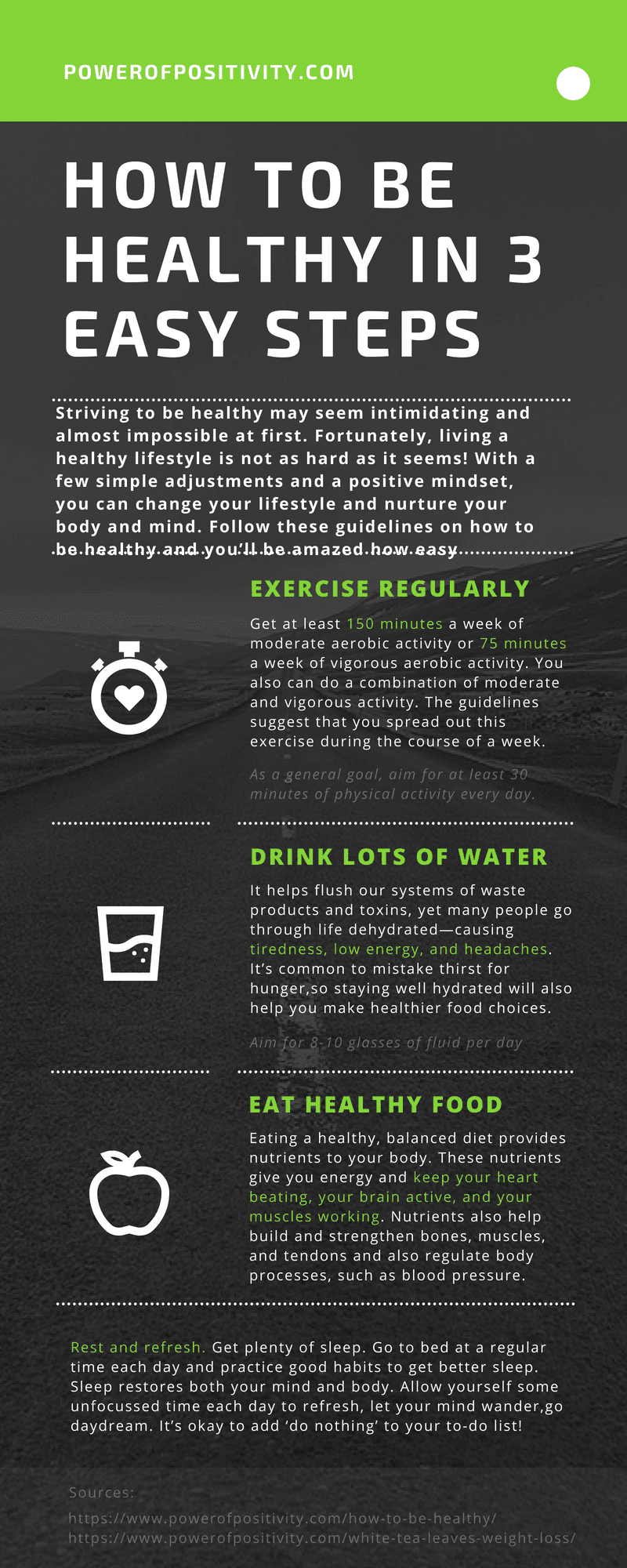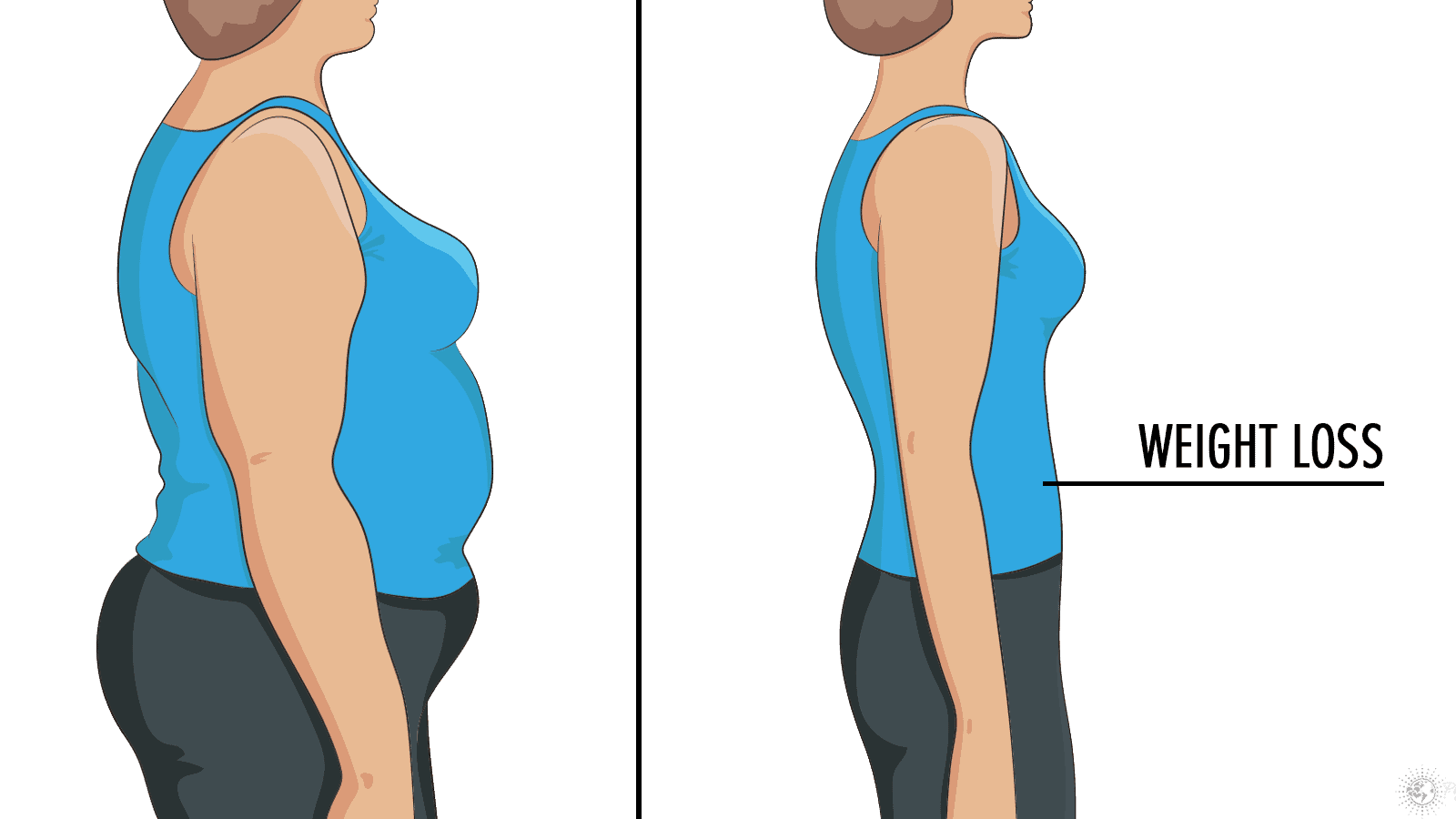Losing weight is difficult for most people, unlike gaining weight, which is super expeditious by contrast. Specific disorders, like those of the endocrine system, can add another degree of difficulty. PCOS, or polycystic ovary syndrome, is one such disorder.
What is PCOS?
PCOS is a condition wherein it’s difficult for the body to use the hormone insulin, “which normally helps convert sugars and starches from foods into energy.” Also called insulin resistance, the stunting of insulin production causes a buildup of glucose in the bloodstream. When this happens, fat from our foods is stored in our cells more efficiently.
The onset of PCOS highly correlates with pregnancy, with about 10% of childbearing-age women developing the condition. Usually starting after puberty, “some of its effects seem to have little to do with fertility.”
PCOS Symptoms
The symptoms of PCOS tend to vary. “People can get multiple symptoms for multiple reasons,” explains Dr. Karen Carlson, an assistant professor of obstetrics and gynecology at the University of Nebraska Medical Center. “PCOS is a syndrome with a spectrum of symptoms that you can get, but not everybody gets everything.”
The three main symptoms of PCOS include: high levels of androgen, irregular periods, and multiple cysts. A patient must display two of the three symptoms to be diagnosed with PCOS.
Additional PCOS symptoms include:
- Acne
Excessive hair growth in the face, chest, or buttocks
Oily skin
Thinning hair and hair loss
While hormone abnormalities related to PCOS make losing weight very challenging, it is possible with a disciplined, logical approach.

Here are six ways to lose weight if you have PCOS:
Here are some tips to help you manage your weight if you struggle with polycystic ovarian syndrome.
1. Eat a high-fiber, low-sugar diet.
A good portion of your diet should consist of fruits, vegetables, and whole grains. Keeping processed food to a minimum is crucial – doing so will help stabilize your blood sugar levels. Fatty foods should also be strictly monitored, as these also tend to destabilize blood sugar.
Consuming dietary fiber is one of the best ways to maintain a healthy weight and encourage weight loss. It promotes a healthy digestive system, a feeling of fullness, and blood sugar regularity.
2. Eat regularly throughout the day.
Per WebMD: “After about 3 hours without food, blood sugar begins to fall. And after 4 hours, your body has already digested whatever you sent down earlier. Once you’ve crossed the 5-hour mark, your blood sugar begins to plummet, and you grab whatever you can to refuel.”
Bear in mind that your meals needn’t be large or filling. Use your intuition and eat to a point where you will feel comfortable doing so again in 4 to 5 hours. (You may need to experiment a bit here.)
3. Don’t eliminate carbs.
Dr. Angela Grassi, the founder of the PCOS Nutrition Center in Bryn Mawr, Pennsylvania, says, “Eat balanced meals with a little bit of carbs like whole grains.” Grassi, who has PCOS, advises abstaining from high glycemic-index carbs (anything with a high level of artificial sugars.)
Excellent sources of healthy carbohydrates include all vegetables, whole fruits, legumes (peas, kidney beans, lentils), nuts, and seeds.
4. Get to the gym.
Exercise should be a non-negotiable activity for people with medical conditions, including PCOS. But just because there is no substitute for exercise doesn’t mean it has to be boring!
Every day, do something fun that happens to break a sweat for thirty minutes. Ideas: basketball, tennis, yoga, badminton, ultimate frisbee, or racquetball.
5. Manage stress
Women diagnosed with PCOS tend to have higher-than-normal levels of anxiety. Anxiety, while okay (even healthy) to some extent, produces an exacerbated stress response if left unchecked. Under stress, the body releases a flood of hormones that hasten weight gain.
Consider taking mindfulness meditation, yoga, or some other regimented breathing routine. Exercise is another fantastic stress-buster!
6. Practice good sleep hygiene
Research shows chronically undersleep people are more likely to be overweight or obese. Poor sleep is also associated with insulin resistance, the main problem affecting PCOS patients.
The National Sleep Foundation (NSF), the U.S.’s preeminent sleep science and research organization, provides the following tips:
– Develop a sleep schedule and wake up at the same time every day: “This helps to regulate your body’s clock and could help you fall asleep and stay asleep for the night.”
– Incorporate a relaxing bedtime routine: “(A nightly routine) helps separate your sleep time from activities that can cause excitement, stress or anxiety.”
– Avoid long naps: Try limiting daytime naps to 30-45 minutes.

Final Thoughts on Dealing With PCOS
PCOS, like other hormone-related conditions, can be tough to manage. The best advice is to seek guidance from a medical professional, especially if you are considering a new exercise or nutritional routine.


















